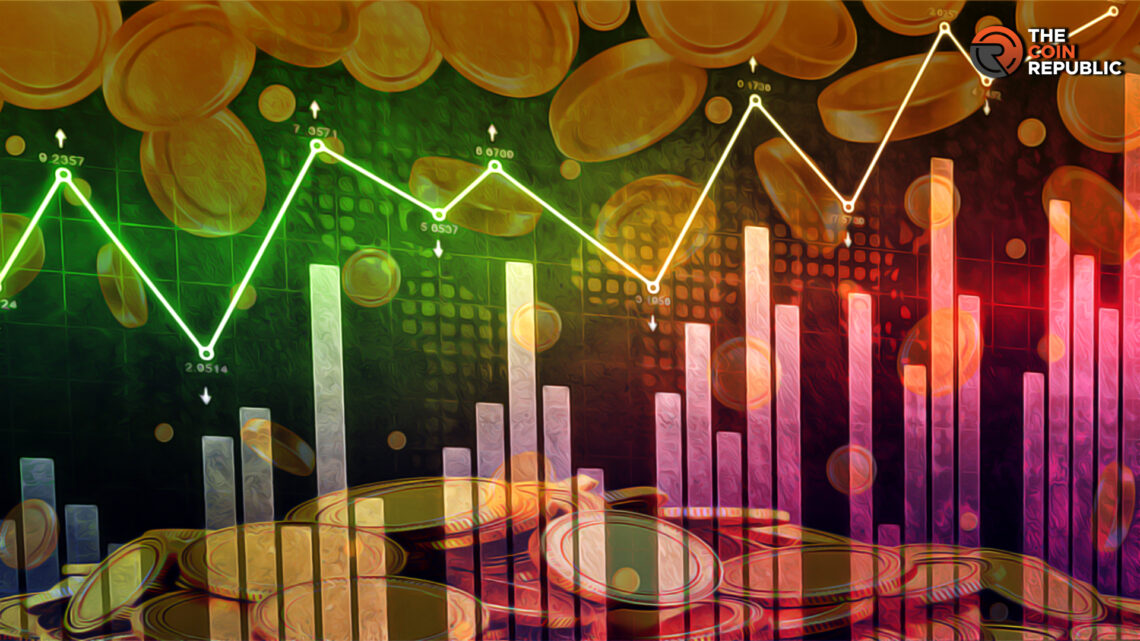- 1 Real World Assets (RWA) when transformed into digital assets and stored on a blockchain are called RWA tokens.
- 2 Tokenization of real world assets makes them available to a wider audience and also provides fractional ownership.
RWA Tokens facilitate the division of assets into smaller fractions which are more affordable. These are available to a wider variety of investors. It includes real estate, commodities, art and property.
Digitization of the physical assets provides transparency, liquidity, and accessibility. It modernizes and democratizes the traditional financial markets. Important benefit of tokenization that must be mentioned here is liquidity. The traditional market facilitates only in trading hours while cryptocurrency exchange allows for 24/7 trading. Thus, trading of these tokens gives traders more freedom.
The confidence of the investor is also enhanced due to transparency as all the data are stored on blockchain. The data stored is immutable and can be viewed by anyone. The RWA tokens also reduce the paperwork, fees, and need for intermediaries.
However there are some drawbacks. There are some regulatory considerations that vary by jurisdiction. Any tokenized project must abide by the local rule and regulation of the place. To maintain the security of the asset, effective custody solutions are needed.
Tokenization is in the early stages of adoption. It might take time to be accepted in traditional finance.
Tokenization Process and How the Blockchain facilitates it
The conversion of real world assets like property, art, land, etc into digital assets is called tokenization. Tokenization provides the chance of RWA made readily available to buy, sell, and trade on the blockchain platform.
Blockchain facilitates it by providing asset identification and valuation. The authenticity of the RWA and the assets’ worth is determined by the immutable data stored on the blockchain.
Smart contracts on the blockchain specify how the tokens will be created, managed and traded. Smart contracts facilitate the automation process and guarantee that the processes are carried out in an agreeable manner.
Selection of blockchain platforms for tokenization is also important. One may choose Ethereum since it supports smart contracts and has a wider developer community or any other blockchain that supports faster transactions.
Token creation represents the ownership or rights over the physical assets. Each token shows a small portion of the asset’s worth. These tokens are developed using the selected blockchain.
Ownership record is kept on blockchain which is visible to all and unchangeable. The blockchain keeps record of tokens, purchases , sales, and transfers. Thus, it prevents theft and ownership conflicts.
Real world asset tokens boost accessibility and liquidity. Unlike traditional markets, they have strict trading restrictions. Trading is open 24/7.
Advantages of Real World Assets Tokenization
Real world asset tokens offer many advantages which helps in reshaping the financial landscape. Some of them are listed below
Liquidity: By facilitating fractional ownership, it increases the liquidity of the assets. Round the clock trades can be made on blockchain platforms. This is also one of the reasons behind increased liquidity.
Accessibility: The digital assets are available to a broader section of customers. Anyone who was previously unable to buy the assets due to high cost can now easily buy it due to cost reduction. Thus, it enhances the accessibility by increasing the investment opportunities.
Transparency: This is one of the biggest advantages of tokenization. With blockchain, the chances of fraud are incredibly reduced, enhancing investor trust.
Why do Real World Assets Matter in DeFi?
There are many reasons why RWAs hold significance in decentralized finance (DeFi). One of the reasons is that it acts as a link between the physical assets of the real world and the digital world of the blockchain.
DeFi allows decentralized access, trade, and utilization of these assets. This is done in a borderless manner by tokenizing them on the blockchains. RWA reduces the risk by enabling DeFi members to invest in assets outside the cryptocurrency sector.
It makes the DeFi ecosystem more stable by including the assets with well established values and market behaviors. The lending and borrowing of the assets and other yield generating opportunities are provided by DeFi which attracts traditional investors.
Challenges Associated with Tokenization
The foremost challenge associated with tokenization is the regulatory obstacle. It is very difficult to navigate the changing regulatory environment which differs according to place.
Ensuring compliance with securities laws and other related regulations is essential for smooth operations. Another risk is custody of the assets. Protecting the underlying financial assets that support the digital token is important. To stop the fraud, it is important to opt for reliable and secure custody solutions.
To sustain liquidity, active marketplaces or exchanges are necessary for tokenized assets to sustain liquidity and price stability. Extreme volatility and low trading volume can negatively affect investor confidence.
Also, there are inherent risks associated with this technology. Blockchain and smart contracts may be subject to software faults and other vulnerabilities. These risks may lead to asset loss.
Steve Anderson is an Australian crypto enthusiast. He is a specialist in management and trading for over 5 years. Steve has worked as a crypto trader, he loves learning about decentralisation, understanding the true potential of the blockchain.


 Home
Home News
News








